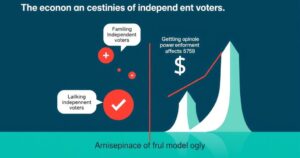Supreme Court’s Ruling Sparks Debate on Executive Power
Supreme Court’s ruling sparks debate on executive power
At the recently held Aspen Ideas Festival, former Attorney General Alberto Gonzales and Sally Yates, who served as acting Attorney General, unpacked the implications of the Supreme Court’s latest landmark decision regarding birthright citizenship. This ruling has sparked considerable debate about the evolving nature of executive power in the United States. The discussion highlighted how such a decision could redefine presidential authority and immigration law going forward.
Immigration rights and legal challenges ahead
The conversation on GPS linked the decision to longstanding discussions about immigration and the rights of American citizens. One topic raised was how this ruling might influence future legal challenges around birthright citizenship. Gonzales and Yates offered their insights, stressing the critical nature of the case and its potential consequences on the political landscape.
Impacts of the ruling on public opinion
Amidst the festival’s intellectual exchange, the legal nuances of the court’s ruling were made clear. Experts indicated that this decision not only affects legal precedents but may also impact public opinion on immigration. With the political stakes being so high, it’s clear that both lawmakers and citizens will be closely watching how these legal contexts evolve in the months to come.




